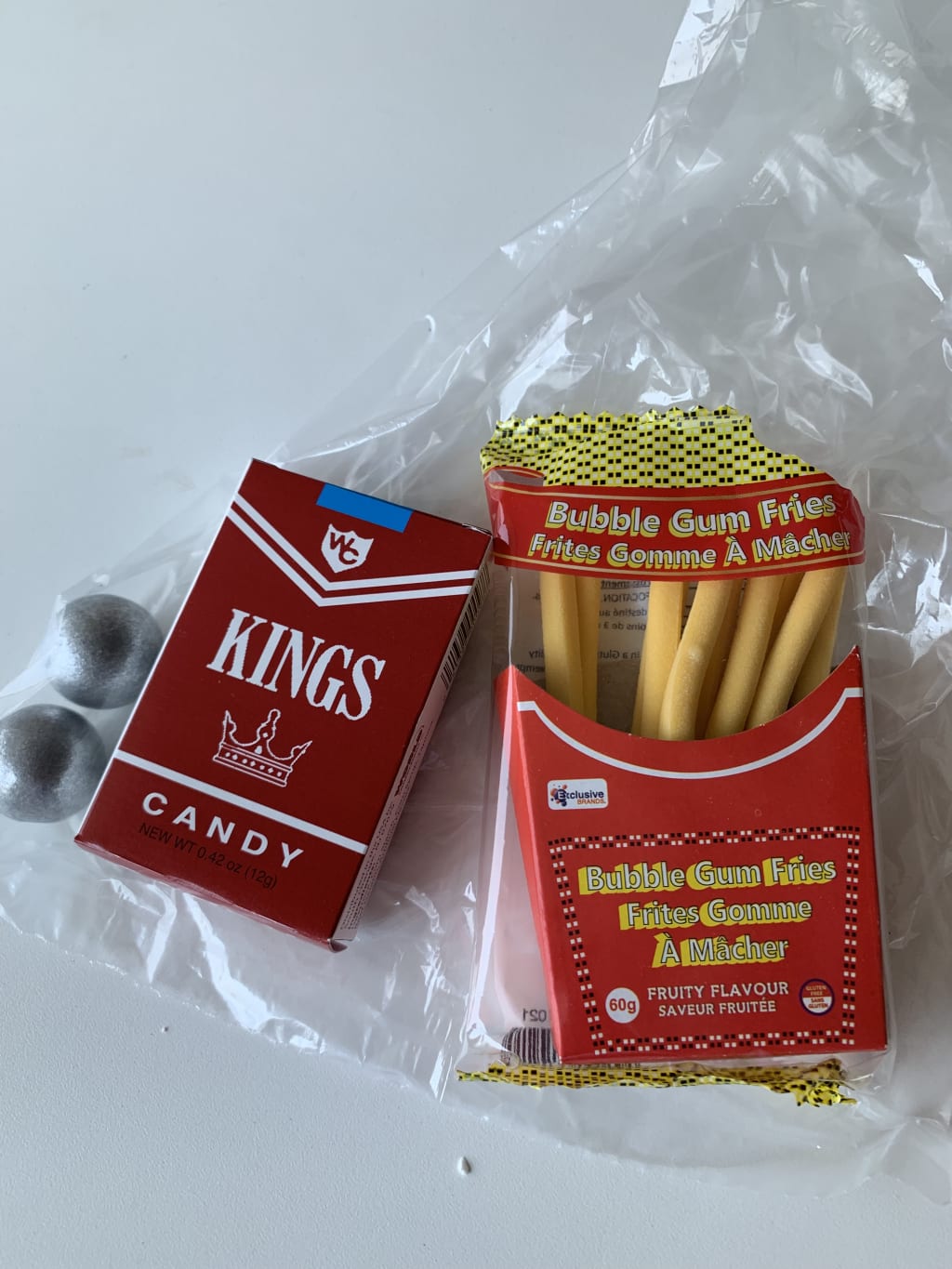
Peoples in my opinion: Darcy Murdock
The government has yet to pay adequate attention to systemic poverty, housing, water, sanitation, healthcare, and education problems in Indigenous communities, particularly those in remote and rural areas. The United Nations Committee on the Elimination of Racial Discrimination in September urged the government to remedy what it found were persistent violations of the rights of Indigenous peoples.
Inadequate access to clean, safe, drinking water continues to pose a major public health concern in many Indigenous communities. The poor quality of water on First Nations reserves has a serious impact on health and hygiene, especially for high-risk individuals—children, elders, and people with disabilities.
In March, Canada provided an update on progress toward meeting Prime Minister Trudeau’s commitment to end drinking water advisories in First Nations in five years, and committed to taking a new approach to fixing the drinking water crisis, including an online resource for tracking the number of advisories to increase transparency in its progress. At time of writing, the process to adopt safe drinking water regulations had stalled, with the largest First Nations organization in the country calling for the problematic law enabling regulations to be repealed.
Many residents of Grassy Narrows and Wabaseemoong (Whitedog), two First Nations communities along the English-Wabigoon River in northwestern Ontario, continue to live with mercury poisoning due to contamination from a now-closed chemical plant upstream in Dryden.
While the Ontario Environment Ministry said it was unaware of the contamination until 2016, a confidential report made public in October noted that provincial officials were told in the 1990s that the site was contaminated and that some groundwater samples taken at the site in recent years still show high levels of mercury.
The Prime Minister’s Office announced in January 2017 that it would tackle the mercury contamination "once and for all," although the prime minister subsequently claimed it was a provincial issue. Federal and provincial-level responses to residents’ health needs and the wider environmental contamination have been woefully inadequate, although the Ontario government pledged CAN$85 million in mid-2017 towards cleaning the river.
In the wake of the pandemic of COVID-19 the government has has spent billions of dollars $874 billion the last few mths, in that total barely a fraction of that went too the First Nations people’s in the last few years.
The situation of delapitated housing, the high levels of contaminated water that is undrinkable, the health concerns amongst many people in the communities that ask for help repeatedly and without just cause the government takes there time, without any care or remorse for the people of this Land.
The Government of Canada has committed to the review of its laws, policies and operational practices to ensure the constitutional commitments made to Indigenous peoples are respected. These laws need to be re-reviewed by someone other than a government official Where the biased one sided law would be changed too the proper rights of the people’s of this land. The right too self- determination will result in the crown to handover the land rights. I
Indigenous Nations and Collectives, their systems of governance, and their circumstances and priorities are diverse; accordingly, we heard that any new approach to advancing self-determination must be flexible so as to respond to varying contexts and reflect their customs and traditional legal practices. Indigenous governments should be able to exercise jurisdictions and lawmaking in the design of the aboriginal law and bi-law enforcement of traditional value.
To summarize, the legislation could:
• enable the self-determined exercise of governance by federally recognized Nations and Collectives
• affirm Canada’s intent to enter into government-to-government fiscal relationships with recognized Nations and Collectives
• require Canada to co-develop further measures to support these elements
Alternative dispute resolution issues related to the fulfillment of the Government of Canada’s obligations with respect to the rights of Indigenous peoples and matters related to the federal recognition of Nations and Collectives, with the government’s working together on equity and equality a resolution can be holistic Where common grounds can be fulfilled.
About the Creator
Darcy Murdock
I was raised ina reservation named Fisher River Cree Nation. In my 42 yrs I had travelled the world earned 1 Diploma 2 degrees, in Law focused on Aboriginal and human rights. And journalism.I am now focusing onmy company DARMUR Productions






Comments
There are no comments for this story
Be the first to respond and start the conversation.